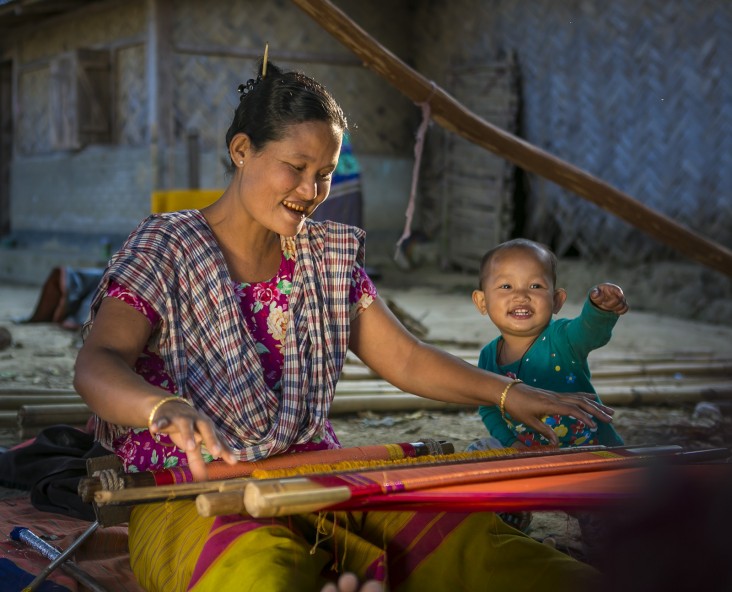Speeches Shim

Bangladesh is a lower middle-income country where poverty and food insecurity remain major challenges. It is one of the world’s most densely populated countries, with a total population of over 160 million–nearly a third of who live on less than $1.90/day. Located in a low-lying and densely populated deltaic plain, Bangladesh is extremely susceptible to floods, cyclones, storm surges, and droughts. Exposure to these conditions often contributes to an inability to meet basic dietary and nutritional needs on the part of the most vulnerable.
USAID’s disaster readiness, humanitarian assistance and food security programs, largely supported by the Food for Peace (FFP) Office, benefit nearly three million Bangledeshi poor and extreme poor by offering long-term solutions to raise incomes, improve health and nutrition, reduce vulnerability to disasters and improve household food security. However, the impact of these efforts is continually threatened by Bangladesh’s increasingly complex risk environment, population growth, climate change, fluctuating global markets, political instability, inadequate governance mechanisms, gender imparity and human resource capacity to manage these risks.
Improving Food Security
USAID/FFP programs play an integral role in ensuring food security and nutrition for households at the grassroots level. USAID’s Office of Foreign Disaster Assistance (OFDA) partners with local government, traditional leaders and civil society groups to educate people about proper nutrition, water, sanitation, and disaster risk reduction. These programs focus on extremely poor people, many of whom are landless and malnourished, in the southeast, southwest and northern regions of Bangladesh. Innovative farming methods and improved seed varieties are disseminated through FFP programs, with an additional three million people who receive key nutrition messages created in partnership with USAID health programs.
Preparing for Disasters
USAID disaster preparedness activities specifically target those most vulnerable to the effects of natural calamities. These programs assist local governments and communities to form disaster management committees that prepare them with contingency planning and emergency simulation drills to better respond to disasters. USAID also partners closely with the Government of Bangladesh (GOB) to build its capacity in preparedness and effective emergency response. To protect vulnerable populations in flood-prone areas of Bangladesh, USAID, in coordination with the GOB and the U.S. Army Corps of Engineers, CARE, and Save the Children, have constructed or refurbished multi-purpose cyclone shelters that provide safe havens in severe weather. These shelters serve as schools and community centers during non-emergency conditions.
Providing Humanitarian Assistance
When disasters occur, USAID responds with emergency food and commodities, including emergency food rations, water and sanitation infrastructure, rehabilitation and reconstruction. Since August 2017, USAID has been the largest food assistance donor in response to the Rohingya crisis in Cox’s Bazar.
Results
USAID programs in Bangladesh have:
- Constructed 90 multi-purpose cyclone shelters which will hold 1,800 people during emergencies and 200 students normally and has refurbished or is in the process of refurbishing another 200 shelters.
- Trained more than 737 personnel from 21 public hospitals for mass casualty management in nine major cities and trained more than 16,000 community volunteers in disaster preparedness and contingency planning.
- Trained more than 1,360 (27 percent female) urban volunteers of the Fire Service and Civil Defense on collapsed structure search and rescue, firefighting and first aid, and equipped them with 171 sets of light search and rescue tools.
- Addressed the nutrition needs of more than 970,000 pregnant and lactating women and their children under five in vulnerable rural areas.
- Trained more than 300,000 participants on agriculture and off-farm skills and marketing technologies.


Comment
Make a general inquiry or suggest an improvement.